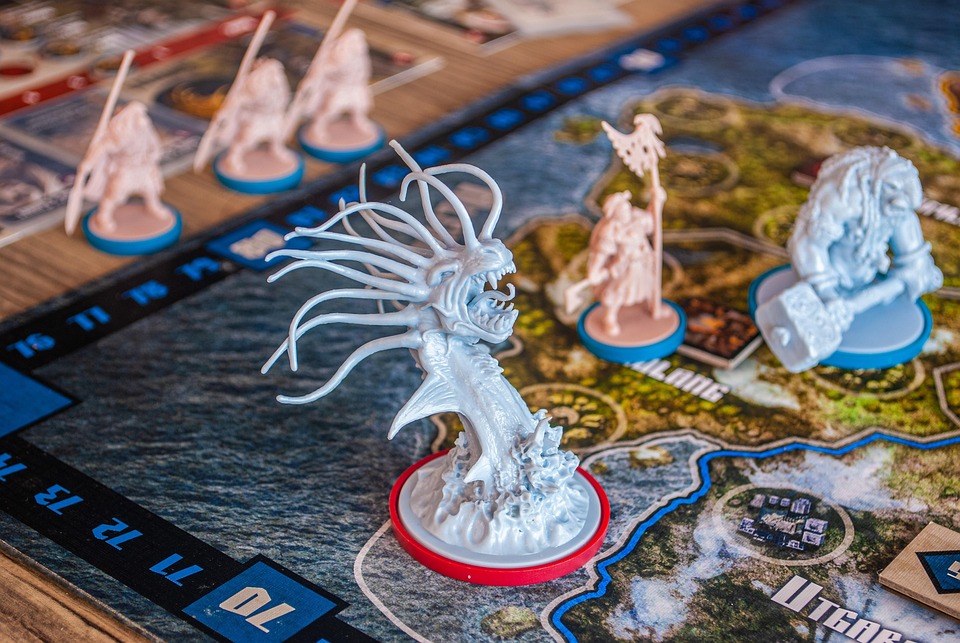In today’s gaming landscape, multiplayer experiences have evolved beyond simple competition into complex social interactions. Whether it’s a battle royale, a co-op dungeon crawl, or a competitive sports title, the dynamics between players can make or break a gaming session. Understanding these dynamics is essential for achieving victory and enjoying the experience to the fullest.
The Importance of Team Dynamics
Team dynamics refer to the way in which team members interact, communicate, and collaborate to achieve a common goal. In multiplayer games, this can be the difference between soaring to victory or plummeting to defeat. Here are several key aspects to consider:
1. Communication Is Key
Effective communication can enhance team coordination and strategy. Whether using voice chat, in-game text, or even non-verbal cues, players must share information regarding enemy locations, resource availability, or tactical plans. A well-informed team can make quicker decisions and adapt to changing situations, giving them a strategic edge over less-coordinated foes.
2. Defined Roles and Responsibilities
Every multiplayer game has unique characters or classes that cater to different playstyles. Establishing clear roles—such as tank, healer, damage dealer, or support—is crucial. Each player should understand their responsibilities, allowing the team to function cohesively. Sticking to one’s role while being adaptable enough to help teammates can lead to smoother gameplay and better outcomes.
3. Building Trust and Camaraderie
Playing with the same group repeatedly helps build trust and camaraderie. Familiar teammates can anticipate each other’s actions and make split-second decisions based on shared understanding—helping to foster a stronger bond that often translates into better performance. Encourage a positive environment where players uplift one another rather than tear each other down, as camaraderie can significantly enhance morale.
4. Conflict Resolution
Conflict is inevitable in any team scenario, especially under pressure. Learning how to address disagreements, misunderstandings, or individual frustrations can turn a potential roadblock into a stepping stone for growth. Players should feel empowered to express their concerns while being open to feedback, ensuring that any conflict leads to constructive solutions.
5. Adaptability and Flexibility
Multiplayer games are often unpredictable. Enemy strategies change, new patches alter game dynamics, and player performance can vary. Being adaptable allows teams to pivot strategies when needed, ensuring they’re in a position to exploit opponents’ weaknesses or mitigate threats as they arise.
6. Encouraging Participation from All Members
In many games, some players may dominate while others struggle to contribute. It’s crucial for team leaders or more experienced players to actively involve everyone. By encouraging less experienced players to share their ideas and strategies, the team can leverage unique perspectives that might yield unexpected advantages.
Strategies for Victory
-
Establish Pre-Game Strategies: Before jumping into a match, discuss tactics, character selections, and potential scenarios the team might face. Taking the time to plan can significantly enhance in-game performance.
-
Use Game Features: Many games come equipped with features designed for team play, such as marking targets or drafting strategies. Utilize these features to streamline communication and better execute plans.
-
Review and Reflect: After matches, take time to debrief. Discuss what worked, what didn’t, and how the team can improve. Constructive feedback is vital for a team’s growth.
- Practice Together: Like any skill, teamwork improves with practice. Regular sessions can help players become more comfortable with one another and enhance their overall coordination.
Conclusion
Multiplayer gaming is as much about personal skill as it is about team dynamics. By understanding and nurturing the interpersonal relationships within a team, players can elevate their performance and enjoy the journey toward victory. Embrace the madness of multiplayer gaming, and you’ll not only dominate the battlefield but also create lasting friendships in the process. With effective communication, clearly defined roles, and the flexibility to adapt, teams can turn the chaos of competition into a harmonious and victorious experience.

